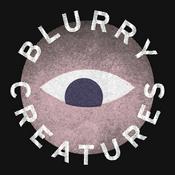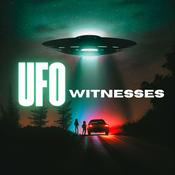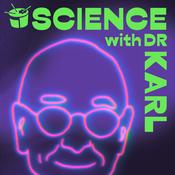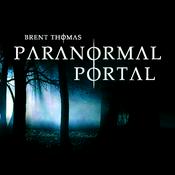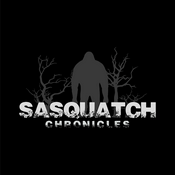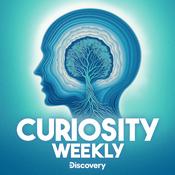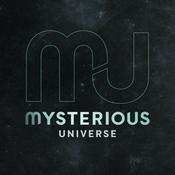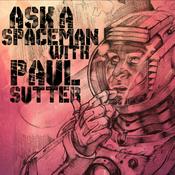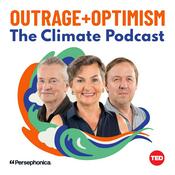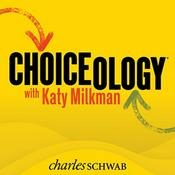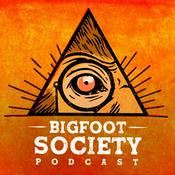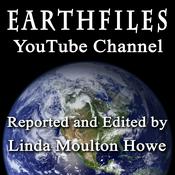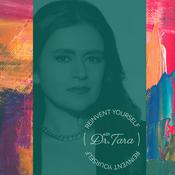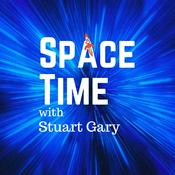829 episodes
- Caroline Smith is passionate about space rocks, whether they’re samples collected from the surface of asteroids and the Moon and hopefully Mars one day soon, or meteorites, those alien rock fragments that have survived their fiery descents through our atmosphere to land here on Earth. She is Head of Collections and Principal Curator of Meteorites at the Natural History Museum, home to one of the finest meteorite collections in the world. Her interest in rocks began while wandering the foothills of the Rocky Mountains, as a child, picking up the ones that caught her eye and bashing them with a hammer, hoping to find treasure inside, whether it’s gold, diamonds or dinosaur fossils. Her work today, studying rocks that have landed here on Earth or those still out there in space, is no less ambitious. She analyses their chemical composition looking for tantalising clues that might reveal how our Solar System formed, and potentially the presence of the chemical building blocks necessary for life itself.
- From humble beginnings in his native Sri Lanka, to a more than 40 year academic career at Queen’s University Belfast, Prof. AP (Amilra Prasanna) De Silva’s research into molecular photosensors has led to a pioneering career in that’s evolved from chemistry to medical diagnostics on one hand, to information processing on the other. Prof. De Silva challenged cultural expectations and overcame the lack of opportunities in chemistry that were available in Sri Lanka in the early 1970s. He first moved to Belfast to pursue research in photochemistry at Queen’s University. Inspired by his grandmother’s struggle with high blood pressure he engineered a unique sodium photosensor by marrying fluorescent molecules with chemical receptors. As a result of his international collaborations, a commercial, portable sensor was developed to detect salts and minerals in the blood. Its speed of analysis has since saved countless lives and improved healthcare around the world. AP talks to Jim Al-Khalili about his passion for engineering molecules and how his photochemical innovations have since crossed into computer science. They’ve been developed to perform molecular computations far inside the human body - where silicon microchips fear to tread. A new deeper understanding of life inside our tissues and cells beckons.
- In July 1545, King Henry VIII watched from Southsea Castle on England's south coast as his fleet sailed out to face the French - only to witness his prized warship, the Mary Rose, sink before his eyes. Raised from the Solent in 1982, the ship is now the centrepiece of the Mary Rose Museum, along with thousands more artefacts that were recovered from the seabed. But keeping the 500-year-old ship and its associated Tudor relics in good condition is no small task, which is where Dr Eleanor Schofield comes in. As Director of Collections at the Mary Rose Trust and a materials engineer by training, Eleanor has spent years tackling the unique scientific challenges of conserving centuries-old wood and metal. From the United States to Portsmouth, Eleanor's research is helping ensure this iconic vessel remains 'ship-shape' for generations to come. In a special edition of The Life Scientific, recorded in front of an audience at the museum in Portsmouth's Historic Dockyards, Professor Jim Al-Khalili discovers how cutting-edge science is keeping history afloat.
- There are problems and tasks so hard and complicated that it would take today’s most powerful supercomputers millions of years to crack them. But in the next decade, we may well have quantum computers which could solve such problems in seconds.
Professor Sir Peter Knight is a British pioneer in the realms of quantum optics and quantum information science. During his three decades as a researcher at Imperial College London, he has advanced our understanding of the physics which underpins how quantum computers work.
Quantum optics was a new field of physics at the start of Peter Knight’s career in the early 1970s and he tells Jim Al-Khalili about the excitement and opportunities for a young scientist at the birth of a new scientific discipline. He also talks about the UK National Quantum Technologies Programme. Since his retirement in 2010, Peter Knight has been the driving force behind this £1 billion government-funded endeavour which has positioned the UK as a world leader in the development and commercialisation of quantum computing and other revolutionary quantum inventions. - The very latest developments in the world of Earth science with Roland Pease, recorded at the American Geophysical Union (AGU) meeting in New Orleans, where thousands of Earth, atmospheric, glacial, ocean and hydrologic scientists come together to promote discovery in Earth science for the benefit of humanity.
Twenty years on, we discuss the enduring lessons from the Hurricane Katrina disaster of 2005, hearing from Lieutenant General Russel Honoré who led the military relief effort, and Roland speaks to Jill Trepanier, hurricane climatologist from Louisiana State University.
We also hear about the mouth of the Mississippi River, known as the Bird's Foot Delta, south of New Orleans. Carol Wilson, assistant professor in the Department of Geology and Geophysics at Louisiana State University, tells us how important these wetlands are as storm protections, yet they’re under threat from sea level rise and lack of sediment.
Roland takes a look at fifty-thousand-year-old Antarctic ice whilst speaking to Ed Brook, Professor at Oregon State University and director of COLDEX (Center for Oldest Ice Exploration), whose team is searching for ice which is potentially ten million years old. And he speaks to Allison Chartrand, assistant research scientist at the University of Maryland and NASA Goddard Space Flight Center, who has been working to reveal the hidden landscapes of Greenland under the ice.
And Bob Hazen, scientist at the Carnegie Science Earth & Planets Laboratory, takes us back to the origins of life on Earth. He is investigating rocks which could be over four billion years old and may contain molecular fragments of ancient life.
Presenter: Roland Pease
Producer: Jonathan Blackwell
More Science podcasts
Trending Science podcasts
About Discovery
Explorations in the world of science.
Podcast websiteListen to Discovery, The Infinite Monkey Cage and many other podcasts from around the world with the radio.net app

Get the free radio.net app
- Stations and podcasts to bookmark
- Stream via Wi-Fi or Bluetooth
- Supports Carplay & Android Auto
- Many other app features
Get the free radio.net app
- Stations and podcasts to bookmark
- Stream via Wi-Fi or Bluetooth
- Supports Carplay & Android Auto
- Many other app features


Discovery
Scan code,
download the app,
start listening.
download the app,
start listening.








